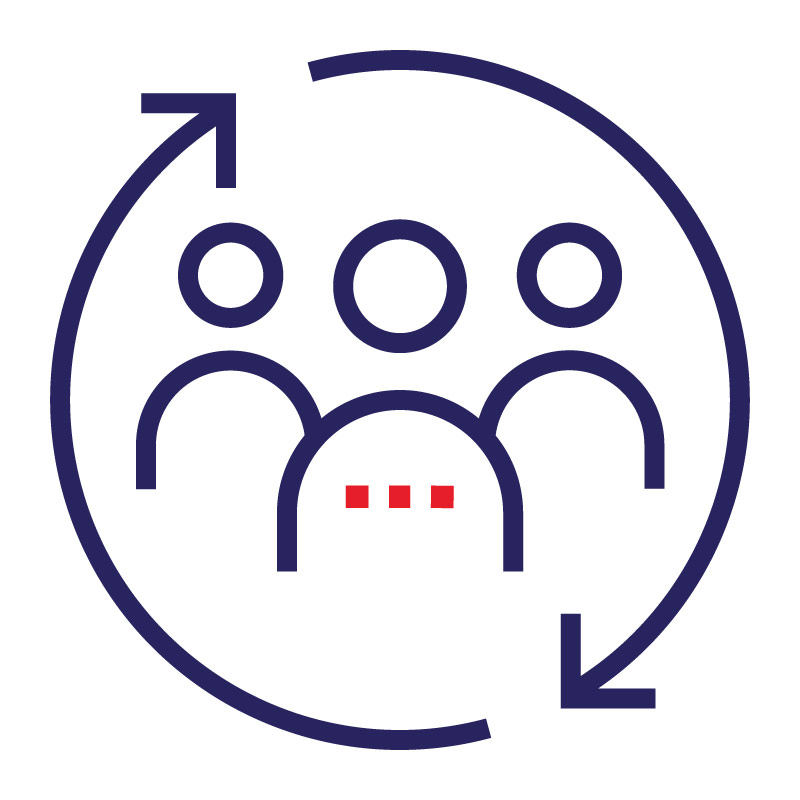We connect your organisations with skilled interns from Australia and Vietnam. Gain flexible, cost-effective resourcing, fresh ideas and the chance to mentor future professionals.
Internships offer cost effective and flexible resourcing to support your business goals, as well as direct access to the next generation of workers. It also provides you with a unique opportunity for professional development through mentoring and guiding a student.
RMIT encourages partner organisations to pay students an award wage, however it’s at a host's discretion to decide on the suitable remuneration – advice is available from RMIT.
What are the benefits?
Create a talent pipeline
Opportunity to identify top talent, commitment and suitability to your organisation as a pipeline of potential employees.
New ideas
Get fresh and innovative ideas from RMIT students across different disciplines.
Develop links with RMIT University
Open doors to opportunities in other areas such as collaborative research and development.
Flexible to suit your needs
Internships run on a flexible term so can be organised to suit your business needs.
How does it work?
- Your company submits an internship position.
- RMIT students will apply for your role.
- Interview the applicants and select preferred candidate(s).
- Sign a Work Integrated Learning (WIL) Agreement with RMIT and the student(s).
- A Work Integrated Learning (WIL) Agreement is a contract that is required for any student who commences an internship with an industry partner. This must be signed by all parties including RMIT, partner and student, prior to the student commencing the internship.
- Complete a Due Diligence form.
- Intern travels to Europe to undertake internship.
Internship disciplines
We are looking for internships in Engineering, Software Engineering, Biotechnology, Business, Design, Media & Communication, Pharmaceutical Sciences and Landscape Architecture.
Internships from other disciplines are also welcome and can be discussed individually.
